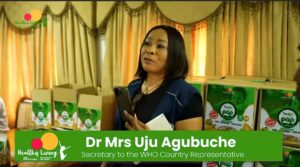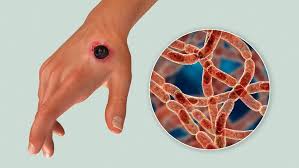COVID-19 vaccines may need to be redone – WHO

The World Health Organization (WHO) Technical Advisory Group, has disclosed that current COVID-19 vaccines may need to be reworked.
A statement from the team on COVID-19 Vaccine Composition says it is important to ensure they are effective against Omicron and future variants.
The body of 18 experts was appointed by the United Nations (UN) health agency in September, 2021.
Members recommend “urgent and broad access” to current vaccines for protection and to mitigate the emergence of new variants of concern (VOC).
They are analysing emerging VOCs “in the context of criteria that would trigger a recommendation to change COVID-19 vaccine strain composition and will advise WHO on updated vaccine compositions, as required”.
The team agreed that jabs with high impact on prevention of infection and transmission as well as severe disease and death should be developed.
“Until such vaccines are available, and as the SARS-CoV-2 virus evolves, the composition of current COVID-19 vaccines may need to be updated.
“This is to ensure that COVID-19 vaccines continue to provide WHO-recommended levels of protection against infection and disease by VOCs, including Omicron and future variants.’’
The group will consider a change in vaccine composition to ensure doses continue to meet WHO criteria.
The team says the shots need to be based on strains that are “genetically and anti-genetically close” to existing variants.
The statement added that while the Omicron variant is spreading globally, SARS-CoV-2 evolution may continue and Omicron is unlikely to be the last VOC.
In recent weeks, IHU and Deltacron, a combination of Delta and Omicron, were discovered in France and Cyprus respectively.









